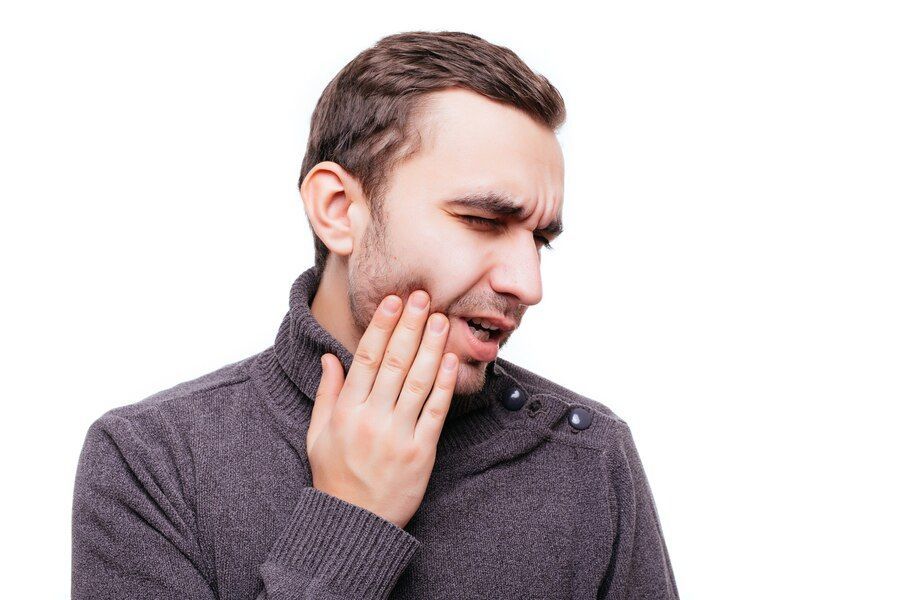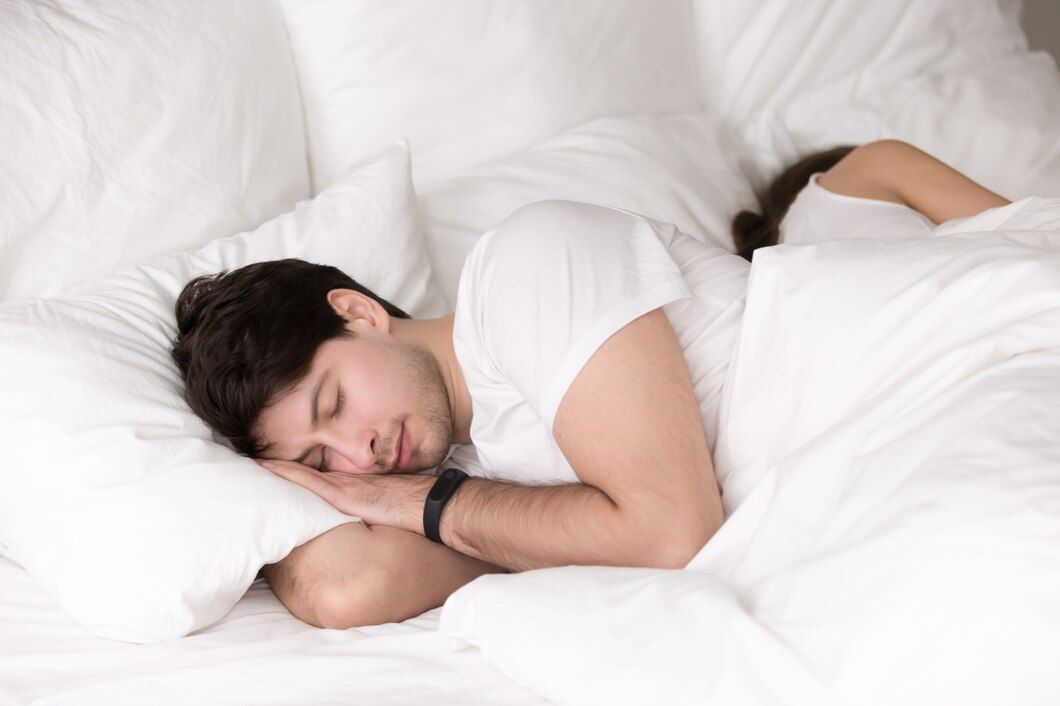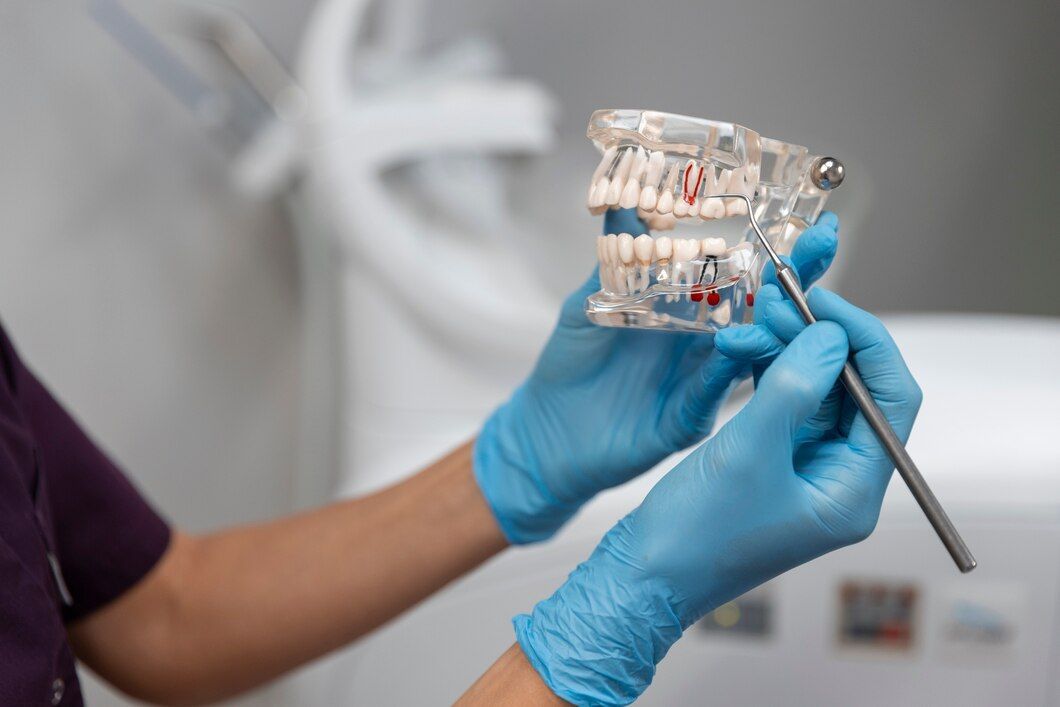Welcome to Fuller Sleep & TMJ Solutions | Greensboro, NC | frontdesk@fullersleep.com
Sleep Apnea and Dental Health: The Hidden Connection
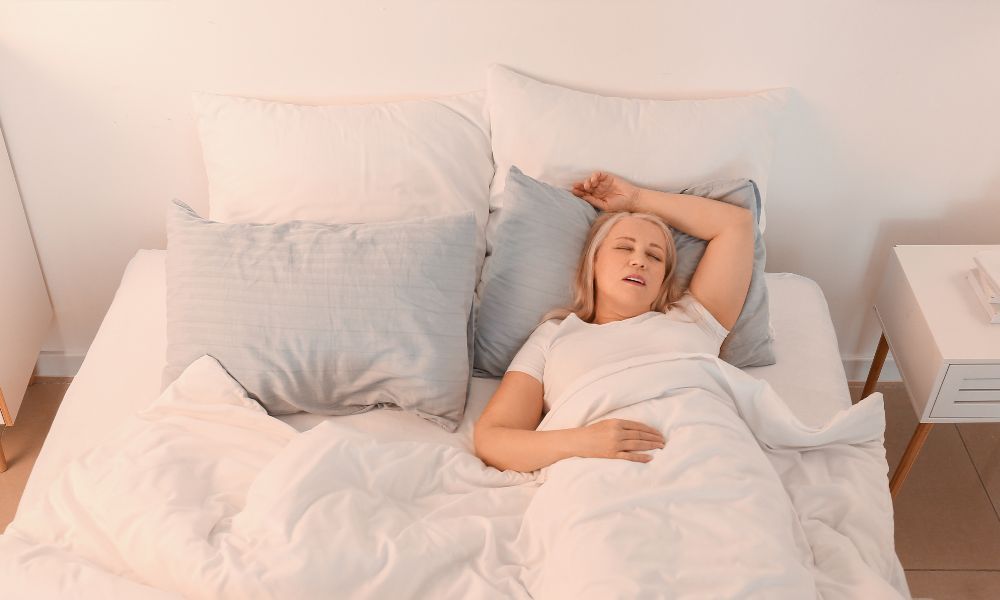
Sleep apnea is a prevalent sleep disorder that affects millions of people worldwide, causing disruptions in breathing during sleep and a host of other health complications if left untreated. While many people are aware of the impact sleep apnea has on respiratory function, its connection to dental health is often less understood. At Fuller Sleep & TMJ Solutions, a dental sleep apnea clinic in Greensboro, North Carolina, we aim to enlighten our patients and the community about the relationship between sleep apnea and dental health, and how addressing these interconnected issues can lead to improved sleep and overall well-being.
In this blog, we will delve into the significant ways in which sleep apnea and dental health share a link, exploring symptoms and signs that indicate how sleep apnea may be affecting your oral health. Topics to be covered in this series include bruxism (teeth grinding), temporomandibular joint disorder (TMJ), dry mouth, and the development of sleep apnea in children due to dental malocclusions.
By highlighting the connection between sleep apnea and dental health, our goal is to empower individuals to seek comprehensive care that addresses the root causes of their sleep disruptions. We will also provide insights into how Fuller Sleep & TMJ Solutions's treatments and services can help manage sleep apnea and improve dental health simultaneously.
Understanding the connection between sleep apnea and dental health, and seeking expert care can not only lead to better sleep but also to improved overall health and a longer, happier life. Let us at Fuller Sleep & TMJ Solutions be your guide on this journey to a healthier, more restful existence, where sleep is a source of rejuvenation – and not a nightly battle.
Bruxism: Grinding Your Way to Sleep Apnea
Bruxism, or teeth grinding, is a common condition that can occur during sleep. Those with sleep apnea often experience bruxism as a mechanism to reopen their blocked airways involuntarily. In addition to potentially worsening sleep apnea symptoms, bruxism can lead to dental issues, including tooth fractures, worn enamel, tooth sensitivity, and receding gums. If you suspect sleep apnea is contributing to your teeth grinding, consult with a dental sleep professional, like those at Fuller Sleep & TMJ Solutions, for a thorough evaluation and tailored treatment options.
Temporomandibular Joint Disorder: The Jaw and Sleep Apnea Connection
The temporomandibular joint (TMJ) is the hinge connecting your lower jaw to your skull. Temporomandibular joint disorder (TMD) occurs when this joint becomes misaligned or strained, causing jaw pain, stiffness, and difficulty chewing. This misalignment can obstruct your airway, contributing to sleep apnea. Similarly, sleep apnea can lead to the development of TMD by promoting teeth grinding, causing further strain on the joint. Fuller Sleep & TMJ Solutions’s comprehensive approach to sleep apnea treatment can help manage both sleep apnea and TMD through the use of customized oral appliances and tailored care.
Dry Mouth: Breathing Challenges and Dental Health
A common symptom experienced by sleep apnea sufferers is dry mouth or xerostomia. Dry mouth occurs when saliva production is reduced or stopped, which is often a result of open-mouth breathing or mouth breathing during sleep. Saliva plays a key role in maintaining oral health by neutralizing acids, preventing tooth decay, and controlling the growth of bacteria in the mouth. Persistent dry mouth can lead to cavities, gum disease, and bad breath. Treating sleep apnea can help alleviate dry mouth by improving breathing patterns and reducing the need for mouth breathing during sleep.
Sleep Apnea and Pediatric Dental Malocclusions
Sleep apnea is not exclusive to adults—it also affects children, with dental malocclusions being a significant contributing factor. Dental malocclusions refer to misalignments or improper positioning of the teeth when the jaws are closed, which can obstruct the airway and result in sleep apnea. Malocclusion issues like overbites, underbites, and crossbites can all contribute to sleep-breathing difficulties in children. Addressing these dental issues through orthodontic treatments or oral appliances can effectively improve sleep apnea symptoms and help your child achieve better sleep quality and overall health.
The Role of Fuller Sleep & TMJ Solutions in Addressing Sleep Apnea and Dental Health
As a dental sleep apnea clinic, Fuller Sleep & TMJ Solutions understands the intricate relationship between sleep apnea and dental health. Our team is committed to providing a comprehensive care approach designed to address sleep apnea and improve oral health. Some of the services and treatments that we offer to address this connection include:
- Customized Oral Appliances: Fuller Sleep & TMJ Solutions provides personalized oral appliances designed to maintain an open airway during sleep, effectively treating sleep apnea and alleviating the dental issues associated with it, such as bruxism and TMD.
- Long-Term Monitoring and Support: Our dental sleep professionals work closely with patients to provide ongoing support, guidance, and monitoring to ensure optimal treatment outcomes.
- Comprehensive Care: Fuller Sleep & TMJ Solutions considers the interrelated nature of sleep apnea, dental health, and overall well-being in crafting a personalized treatment plan that addresses every aspect of a patient's health.
Conclusion
The connection between sleep apnea and dental health is undeniable and cannot be overlooked in the pursuit of overall wellness. Understanding this hidden link and seeking expert dental sleep care can lead to not only better sleep but an improvement in oral health as well.
Fuller Sleep & TMJ Solutions is a center for sleep apnea and TMJ in Greensboro. If sleep apnea is affecting your life and dental well-being, let us be your trusted partner in finding effective, lasting solutions. Reach out to us today and take the first step towards a healthier, revitalized life!
Disclaimer:
Our blog articles serve to educate readers about various treatment options for sleep apnea and TMJ disorders. It's important to understand that while we discuss multiple treatments in our posts, not all of these options may be accessible at our clinic. We encourage you to reach out and schedule a consultation with us. This way, we can carefully devise a personalized treatment plan that caters to your specific needs.
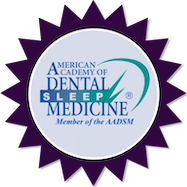
CONTACT US
Fuller Sleep & TMJ Solutions
1515 West Cornwallis Dr Suite 110 Greensboro, NC 27408
BUSINESS HOURS
Monday: 8am – 5pm
Tuesday: 8am – 5pm
Wednesday: 8am – 5pm
Thursdays: 8am – 2pm
All Rights Reserved | Fuller Sleep & TMJ Solutions
© 2023 All Rights Reserved | Fuller Sleep & TMJ Solutions
Website designed by: Morningdove - Accessibility Statement

